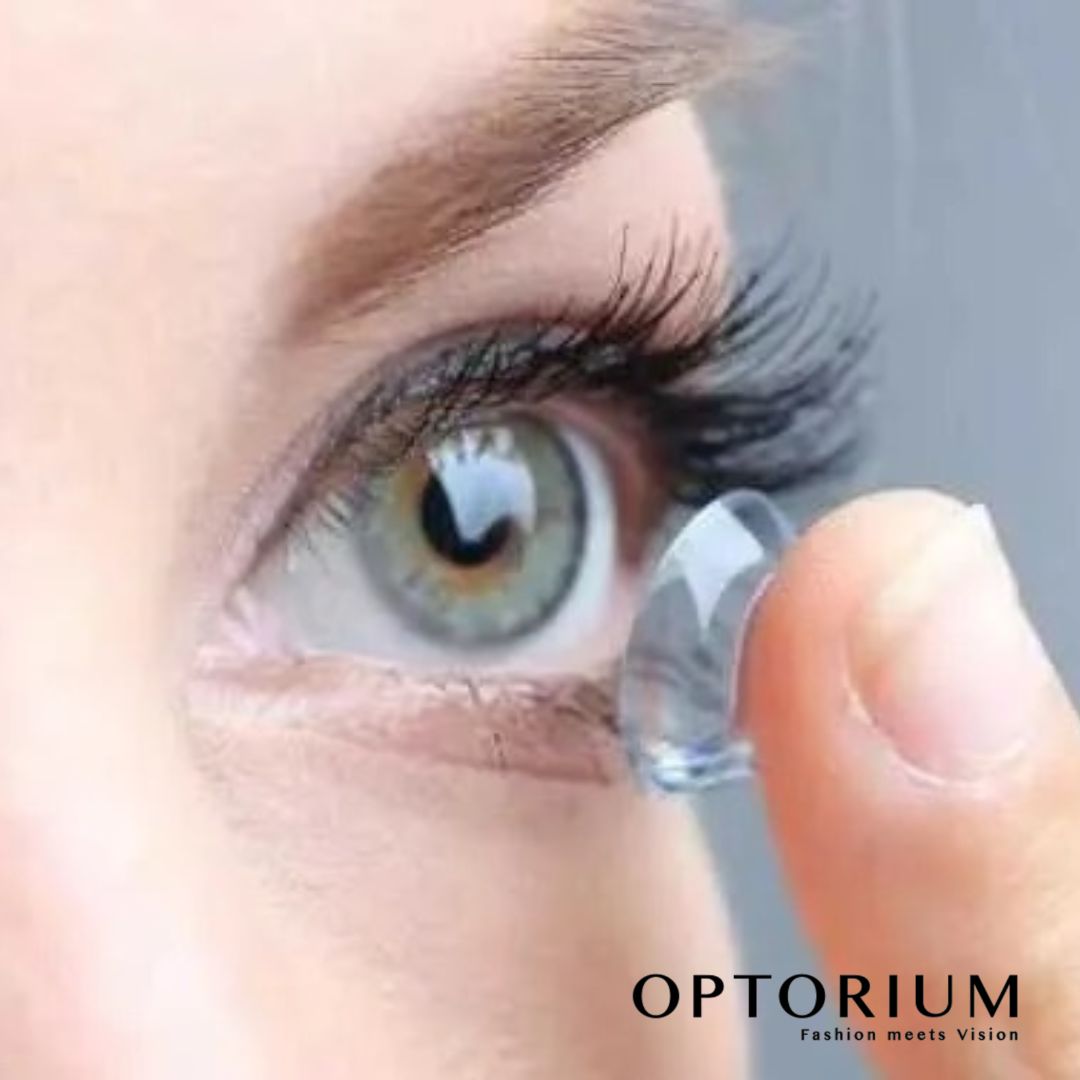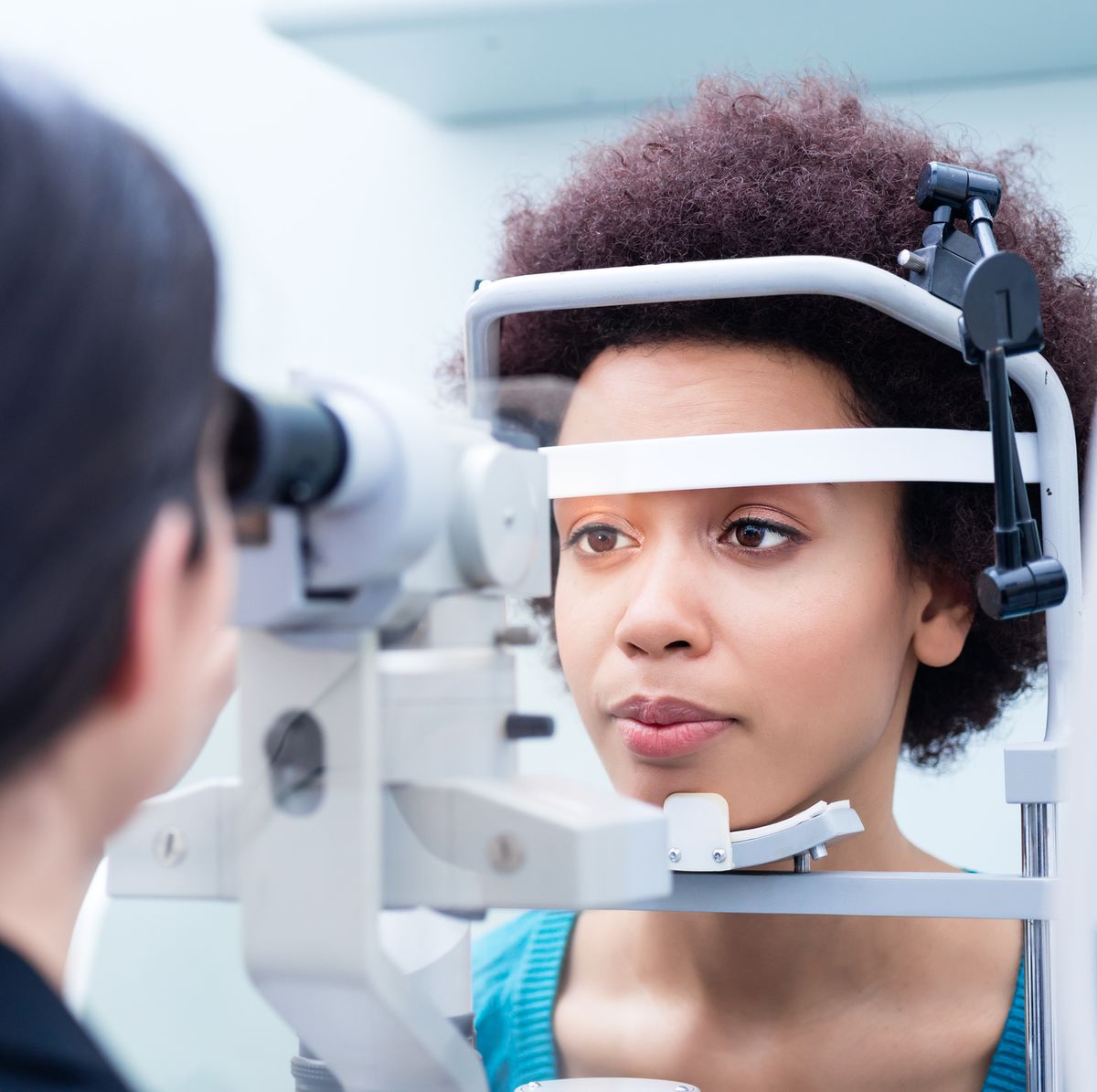
Complete Guide to Contact Lens Care: Hygiene, Infection Prevention, and Types
Contact lenses offer convenience and clear vision for millions worldwide. However, proper care is essential to ensure eye health and prevent infections. This comprehensive guide covers everything you need to know about contact lens care, from hygiene practices to understanding different types of lenses.
Proper Contact Lens Hygiene
Maintaining proper hygiene is crucial to prevent infections and ensure comfortable wearing of contact lenses:
1. Wash Hands Thoroughly: Before handling lenses, wash hands with soap and water, and dry them with a lint-free towel to avoid transferring dirt or bacteria to the lenses.
2. Follow the Wear Schedule: Adhere to the recommended wearing schedule (daily wear, extended wear, disposable lenses) as advised by your eye care professional.
3. Cleaning and Disinfecting:
- Daily Lenses: Discard after each use.
- Reusable Lenses: Clean daily using appropriate contact lens solution, rubbing gently to remove debris and protein buildup.
- Disinfecting: Soak lenses in fresh disinfecting solution each night to kill bacteria and fungi.
4. Lens Case Care:
- Replace your lens case every 3 months.
- Rinse the case daily with solution, and let it air dry upside down.
- Store the case in a clean, dry place when not in use.
5. Avoid Water Contact: Remove lenses before swimming or showering to prevent contamination from waterborne microorganisms.
6. Avoid heat/fire contact: Standing too close to
Preventing Infections
Infections can lead to serious eye complications. Follow these tips to minimize the risk:
Regular Check-ups: Schedule regular eye exams to monitor eye health and ensure proper lens fit.
Avoid Sleeping in Lenses: Extended wear increases infection risk; remove lenses before sleeping.
Replace on Schedule: Replace lenses and lens cases as recommended by your eye care professional.
Handle with Care: Avoid touching lenses with sharp objects or dirty hands.
Understanding Different Types of Contact Lenses
1. Daily Disposable Lenses:
- Convenient and hygienic; discarded daily, reducing the need for cleaning and storage.
- Ideal for occasional wear or those prone to allergies or dry eyes.
2. Extended Wear Lenses:
- Can be worn continuously for an extended period (e.g., a week) before needing replacement.
- Requires strict adherence to cleaning and replacement schedules to prevent infection.
3. Monthly/Weekly Disposable Lenses:
- Replaced on a monthly or weekly basis, depending on the type.
- Require daily cleaning and proper storage.
4. Gas Permeable (GP) Lenses:
- Provide clearer vision and better oxygen transmission compared to soft lenses.
- Require a longer adaptation period but offer durability and sharp vision.
5. Toric Lenses:
- Correct astigmatism and provide stable vision by compensating for irregular corneal shape.
- Available in various wearing schedules and materials.
6. Multifocal/Bifocal Lenses:
- Correct presbyopia, allowing clear vision at multiple distances (near, intermediate, and far).
- Available in both soft and gas permeable materials.
-
Correct astigmatism and provide stable vision by compensating for irregular corneal shape Available in various wearing schedules and materials.
7. Coloured contact Lenses:
- Make a fashion statement with soft lenses in different colours.
- They are available with prescription in various brands so everyone can use them.

Conclusion
Proper contact lens care is essential for maintaining eye health and enjoying clear vision. By following good hygiene practices, preventing infections, and understanding different types of lenses, you can ensure comfortable and safe wear. At Optorium™ you can consult with our eye care professional for personalized advice and recommendations on the best contact lenses for you and an eye care routine for your needs. Remember, your eyes deserve the best care possible for long-term health and vision clarity.



